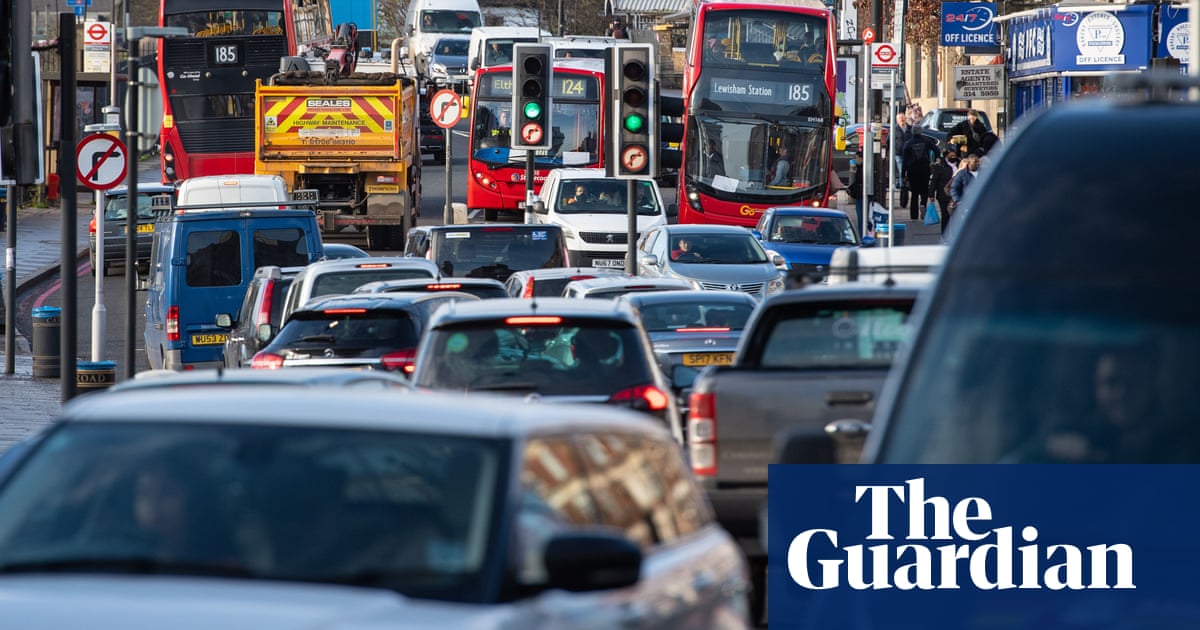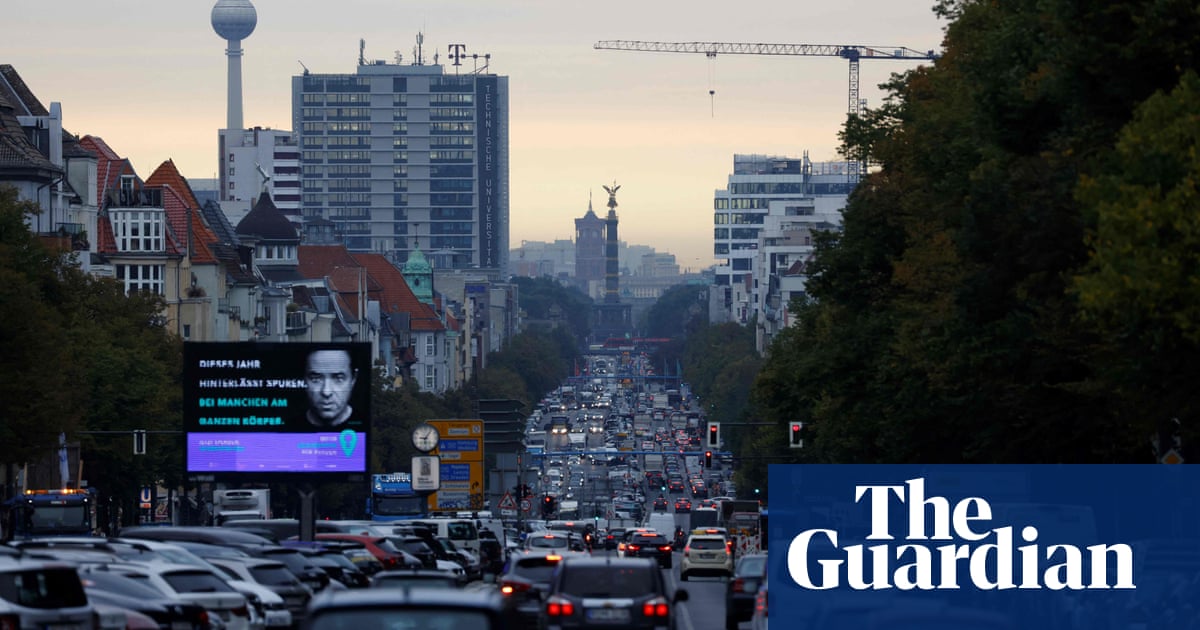
New guidelines from the World Health Organization (WHO) have reset the yardsticks for acceptable air pollution. The guideline for nitrogen dioxide has been reduced by 75% and that for particle pollution (PM2.5) has been halved. It is now up to governments, industry and communities to meet the challenge.
It would be easy to focus on the most polluted places in the world and think that clean air is unachievable. But the WHO guidelines are based on air pollution conditions that already exist. For example, the levels of particle pollution in many towns across North America and Scandinavia already meet the new guidelines. Many major cities including Vancouver, Honolulu and Stockholm also have very low particle pollution.
One thing they have in common is their remoteness. Particle pollution can stay in the air for a week or more, meaning air pollution from one city affects its neighbours. This is a challenge for the densely populated UK and western Europe. The pollution breathed in Cardiff today may have been produced yesterday in London or Paris and tomorrow it could be in Newcastle or Amsterdam. Cities will need to take responsibility for their downwind pollution. They need to work together, and work with the rural areas around them, in the same way that river pollution needs to be managed from source to sea.
It is also clear that we cannot meet the guidelines by focusing on transport and industry alone. As Prof Stefan Reis from the UK Centre for Ecology and Hydrology explained, meeting the UK guidance “will require action across Europe to reduce emissions. Addressing emissions from agriculture and residential burning will be vital, in addition to reducing traffic emissions further.”
This was echoed by Prof Ally Lewis from the University of York. “Central and south-east of England, and our near neighbours in Europe, are densely populated and particle pollution flows across borders with ease, meaning international cooperation is vital. However, we are some way from hitting the buffers on improving air quality, and there are some relatively easy targets to improve public health.
“It is indefensible that as a society we still chose to inefficiently burn solid fuel, meaning wood or coal, in homes in cities, mainly because it just looks nice. And whilst vehicle pollution is reducing over time, we’ll be living with the internal combustion engine for decades. Getting older and more polluting vehicles off the road is an obvious and guaranteed win for air quality.”












